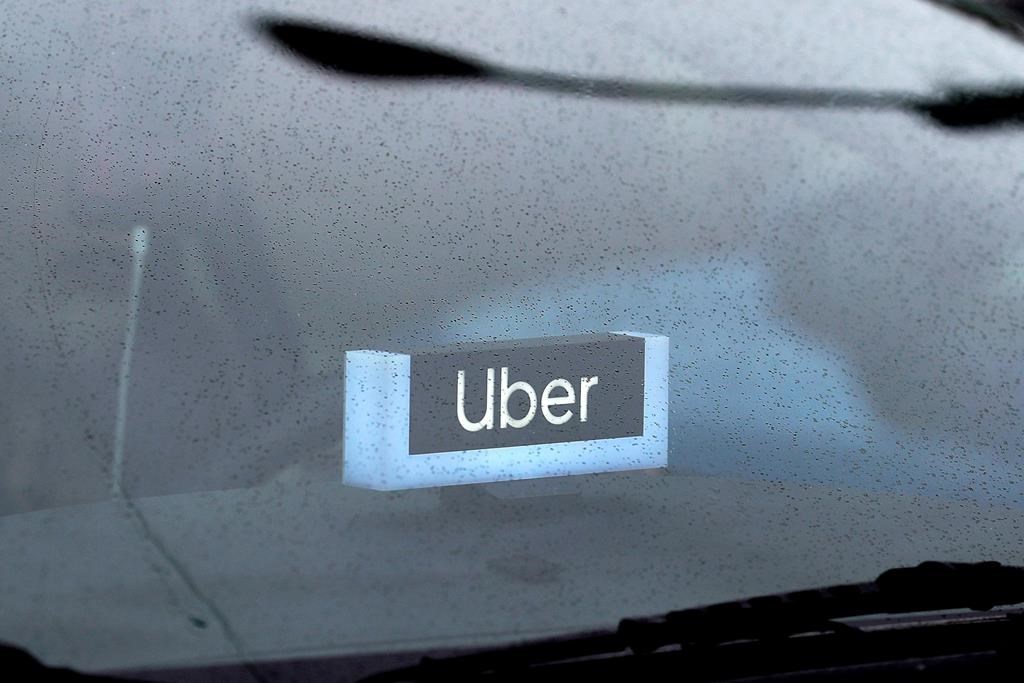Ride-sharing services will be able to operate in the Halifax Regional Municipality, although they must follow certain restrictions that may make some of the larger services like Uber and Lyft wary of entering the local market.

Halifax Regional Council voted 13 to 4 at their meeting on Tuesday to amend the municipality’s Taxi and Limousine by-law.
The decision clears the way for services like Uber and Lyft — which the municipality refers to as Transportation Network Companies or TNCs — to operate in the Halifax Regional Municipality (HRM), although they will have to pay an annual licensing fee to do so.
How much they have to pay depends on how many vehicles a company has in its service. The costs range from as low as $2,000 for those that have up to 10 vehicles to as high as $25,000 for more than 100 vehicles.
Drivers will now be required to get criminal background checks every year, along with the child abuse registry and a vulnerable persons check.
Only councillors Steve Adams, Shawn Cleary, Lindell Smith and Richard Zurawski voted against adopting the amendments.

Cleary said his issue was that the proposed rules did not allow for the municipality to charge a TNCs a per-trip fee.

Get breaking National news
The municipality would need the province to grant them the ability to implement that fee through changes in the Motor Vehicle Act.
As part of the decision on Tuesday, Mayor Mike Savage was directed to write a letter to the provincial government requesting amendments to Nova Scotia’s Motor Vehicle Act.
A letter requesting the changes was originally sent by the mayor in February but the province didn’t follow through on the request.
The report prepared by municipal staff highlighted the risk of not being able to charge a per-trip fee.
“The cost of administering the program is unknown at this time and the proposed annual license fee may not offset the costs,” the report reads.
READ MORE: Staff report says it’s ‘inevitable’ that Uber, Lyft will come to Halifax
A spokesperson for Lyft said it isn’t announcing any plans to expand its operations at this time but that Lyft appreciates “the opportunity to work with all levels of government in Halifax and Nova Scotia.”
In a statement, a spokesperson for Uber said the decision by the municipality was a “positive step forward”
The reforms in question are changes to the province’s Motor Vehicle Act which would permit TNC drivers to have a basic Class 5 licence rather than a more specialized Class 4 licence, the same as taxi drivers in the province.
Uber has previously said that requiring its drivers to have a Class 4 licence would create a barrier to the company operating in the HRM.








Comments